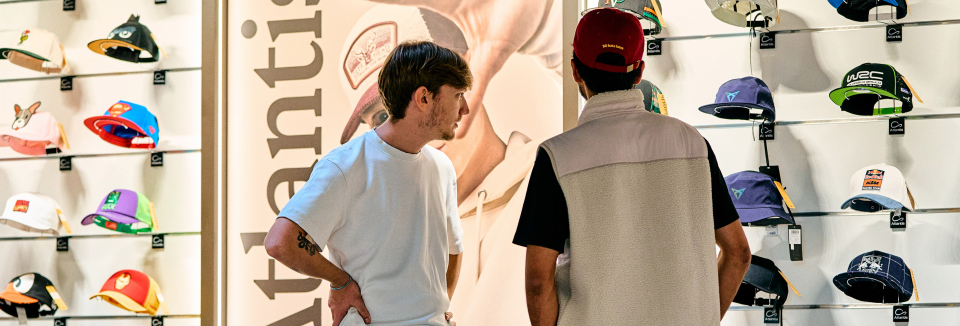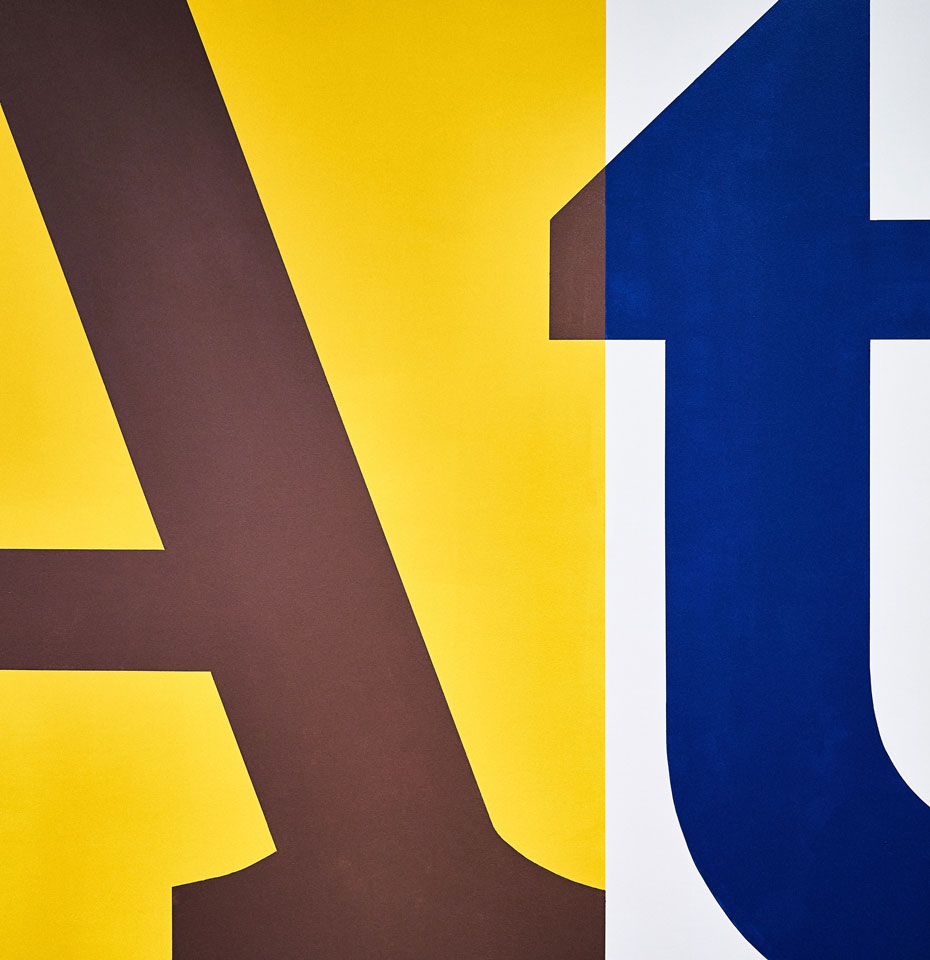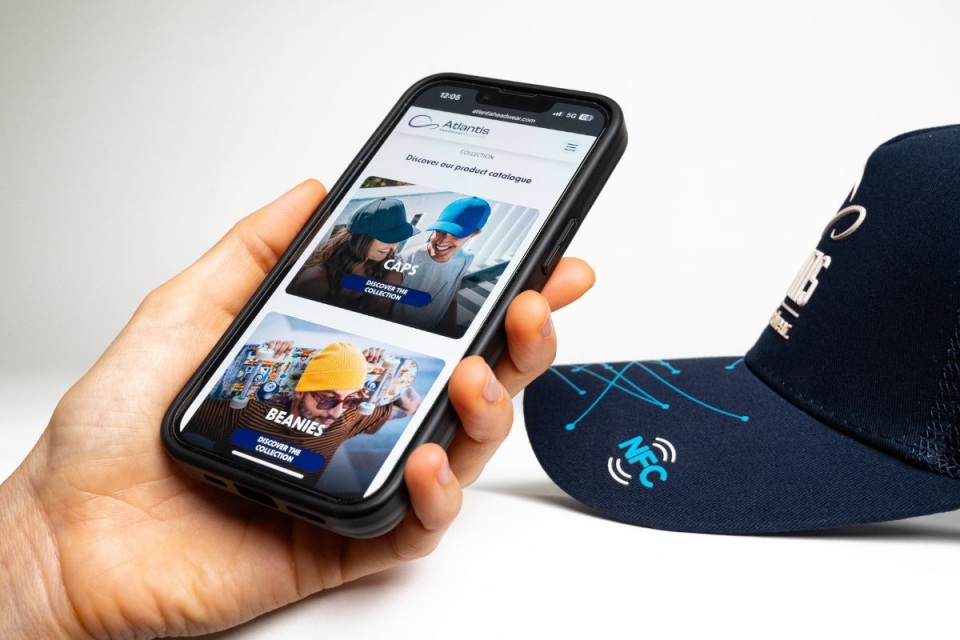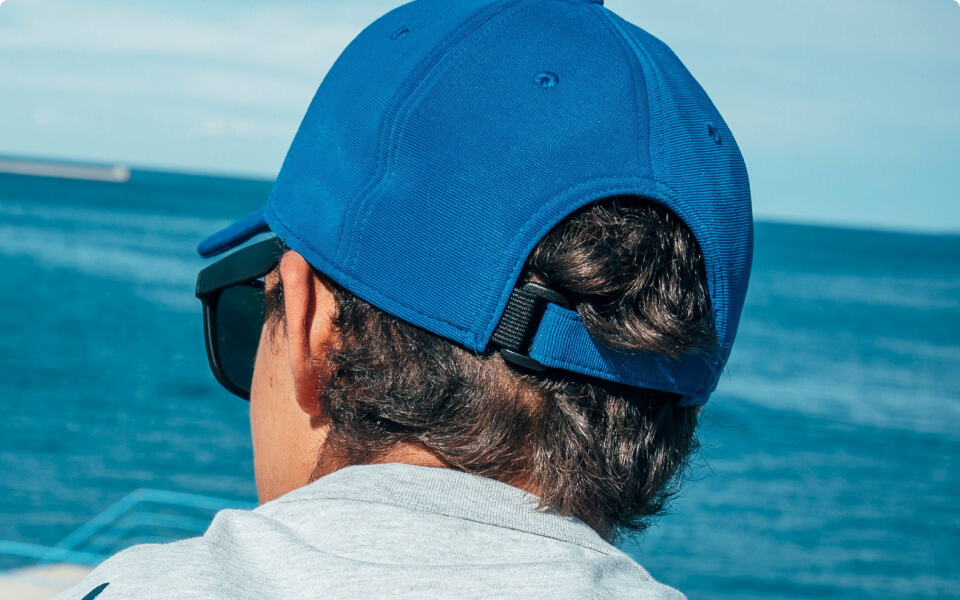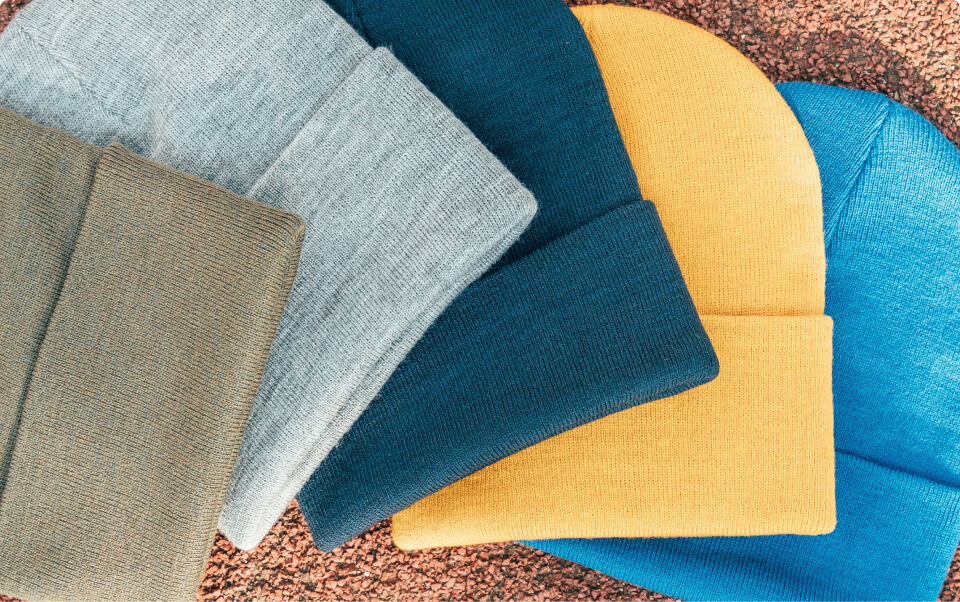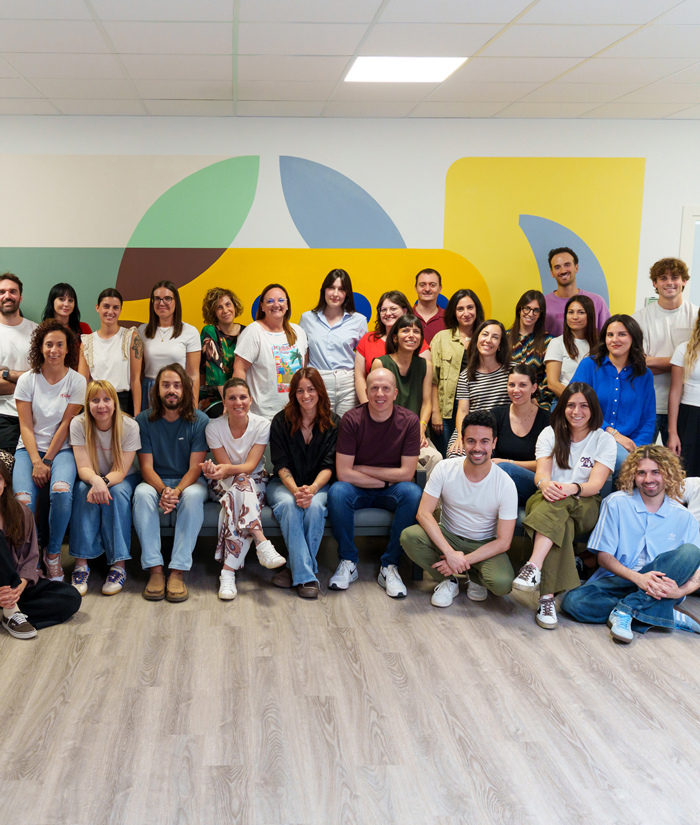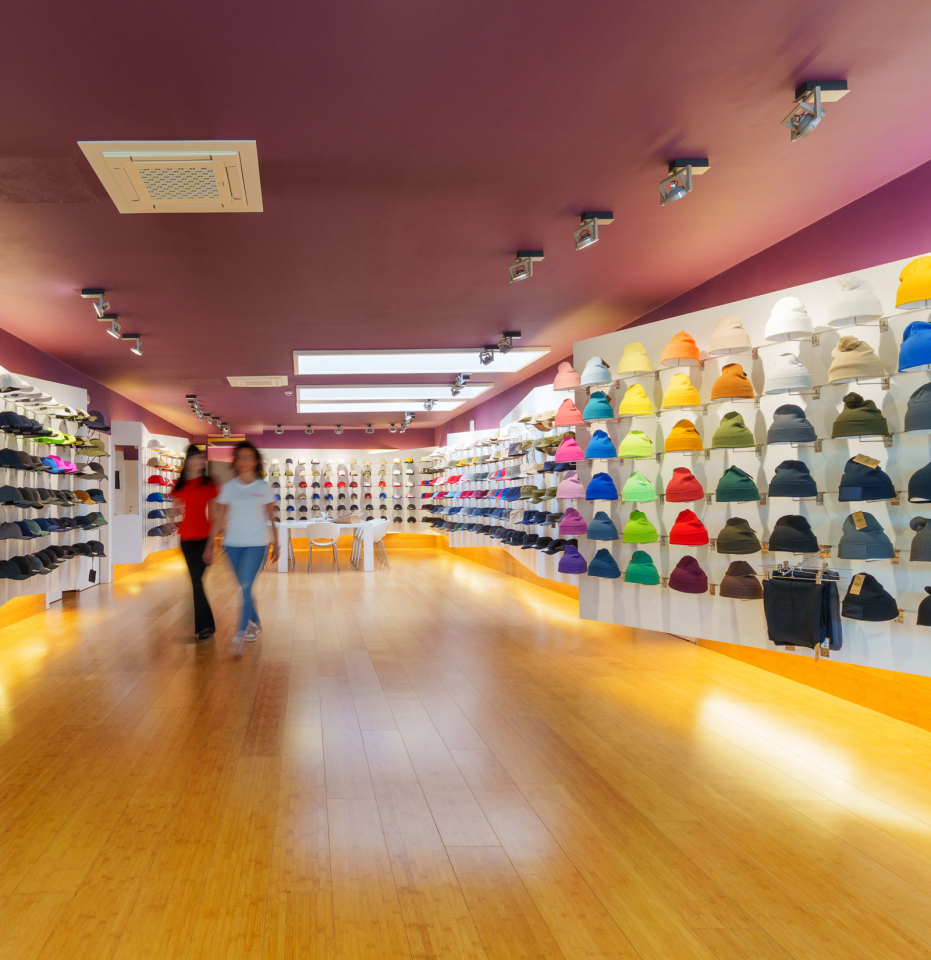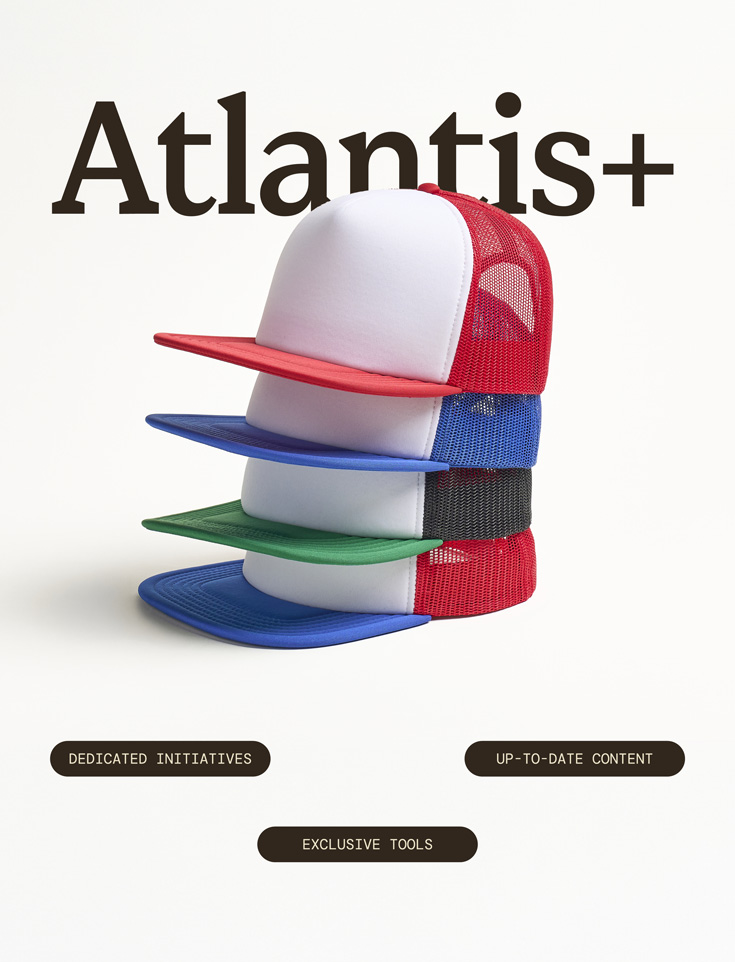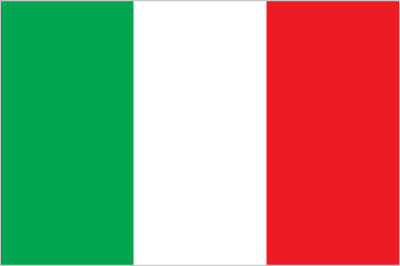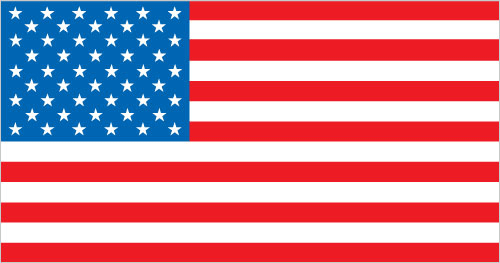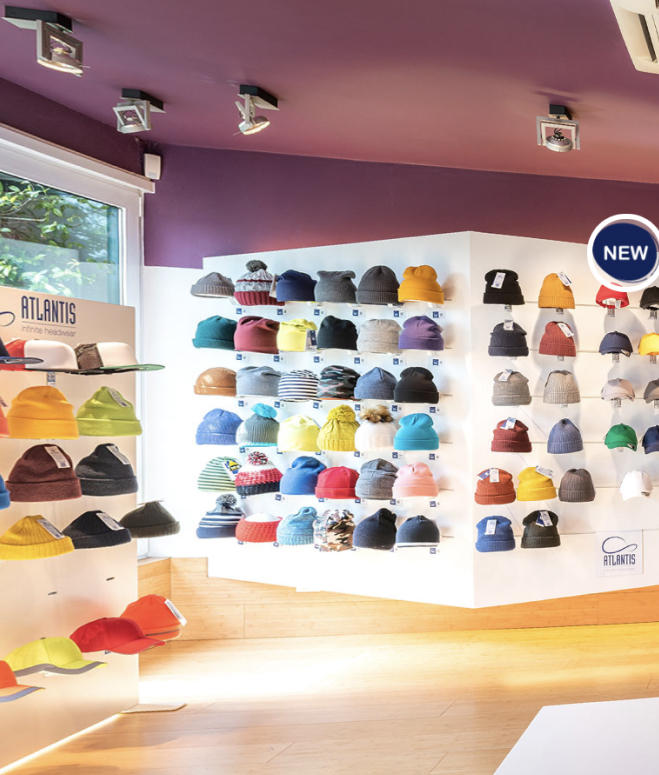GRS Certification
A Commitment to Sustainability and Transparency
Sustainability and transparency in the production of apparel and accessories are increasingly essential to meet the expectations of conscious, informed consumers. The Global Recycled Standard (GRS) is one of the most rigorous and comprehensive certification standards designed to ensure the use of recycled materials and traceability in production processes, covering every stage of the supply chain.
What is the GRS and What are Its Goals?
The Global Recycled Standard is an international, voluntary, and comprehensive standard developed to certify products containing recycled materials. Owned by Textile Exchange, the GRS sets requirements for recycled content certification, traceability, social and environmental practices, and chemical restrictions. Its aim is to promote the use of recycled materials while reducing the negative impact of production on people and the environment.
The main objectives of the GRS include:
- Establishing common standards for various applications.
- Enabling traceability of recycled materials throughout the supply chain.
- Providing a valuable tool for consumers and brands to make informed decisions.
- Reducing the environmental and social impact of production.
- Ensuring that recycled materials in the final product are truly sustainable and traceable.
- Promoting innovation to improve the quality of recycled materials.
How Does GRS Certification Work?
GRS certification requires that every stage of the production process, from recycled raw materials to the finished product’s brand, is certified. Sites handling the collection and preparation of recycling materials are subject to self-declarations, documentation collection, and on-site visits to verify compliance with required standards.
GRS certifies both pre-consumer and post-consumer recycled materials:
- Post-consumer material: sourced from products used by consumers that can no longer serve their original purpose (e.g., plastic water bottles).
- Pre-consumer material: diverted from waste during the manufacturing process (e.g., fabric scraps from textile production).
To meet the GRS Standard, products must contain at least 20% recycled materials. However, only those with at least 50% recycled content can feature specific GRS labelling claims, which may refer to the entire product or only part of it, as long as consumer communication is clear and transparent.
GRS and Atlantis Headwear: Transparent Communication
Our headwear products vary. For certain items, such as beanies or buckets, where only a few types of materials are used, we prefer the product claim, which indicates the article’s (often sole) fiber composition.
For caps often made with different compositions (main fabric, sweatband, tapes, closure, visor, etc.), the situation differs. To make a product claim, GRS certification requires that each material is listed as a percentage of the article’s weight, with trims accounting for up to 10%.
Atlantis has opted for the “component claim” for its caps, declaring the use of recycled materials specifically within individual components. This approach allows us to clearly and simply inform our customers about which parts of the product contain recycled materials and their fiber composition.
A Concrete Commitment to the Future
With GRS certification (which you can find here), Atlantis guarantees caps that not only meet sustainability criteria but also adhere to high transparency and quality standards. This certification appears directly on the product and accompanies the brand’s communication throughout the entire distribution chain, enabling clear and honest promotion across both direct and indirect channels.
Through GRS, Atlantis Headwear commits to supporting a responsible textile industry and transparently communicating the origin and quality of the materials used. For us, every cap represents a small but significant step toward a more sustainable world.
Source: Global Recycled Standard 4.0









